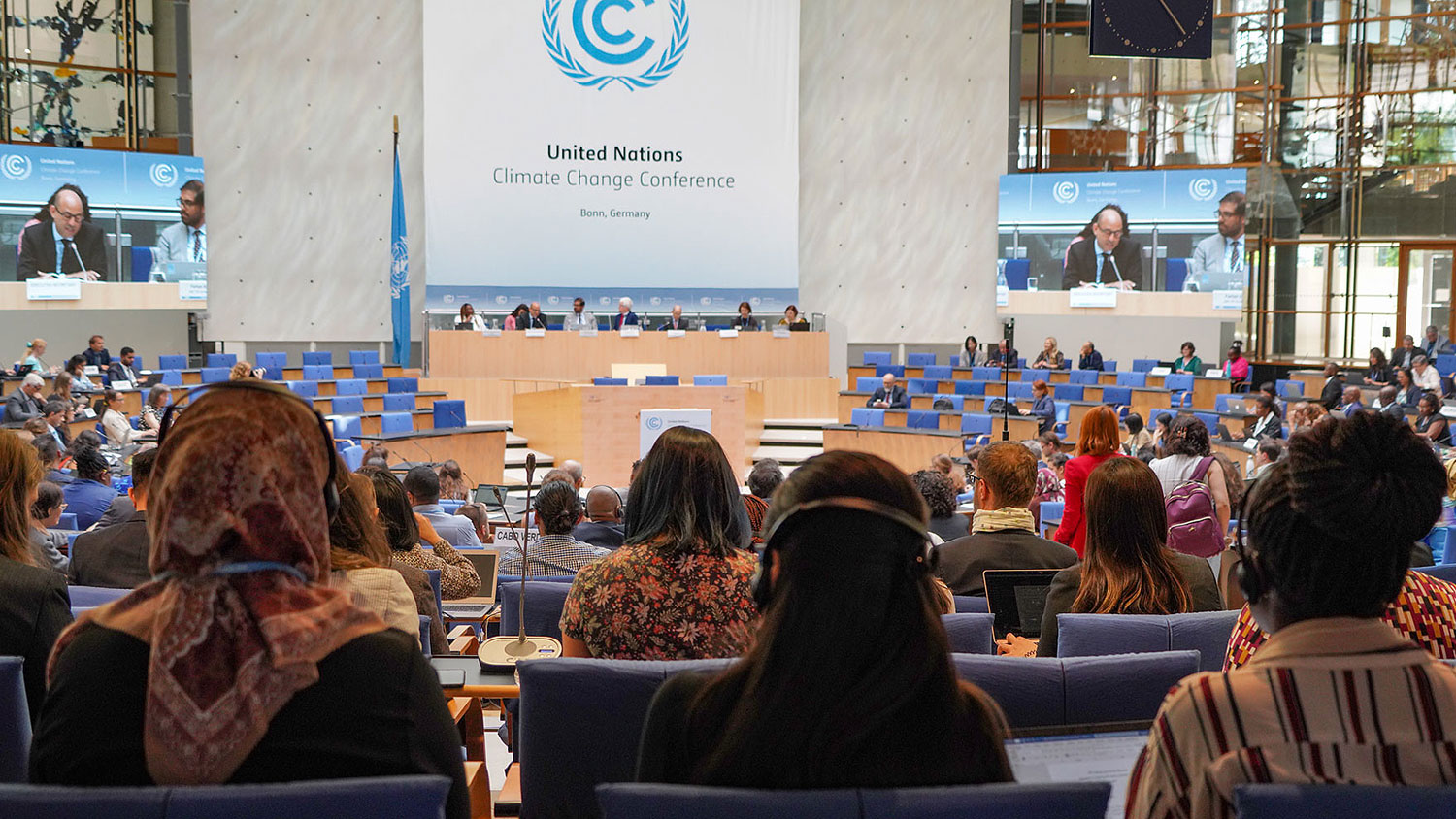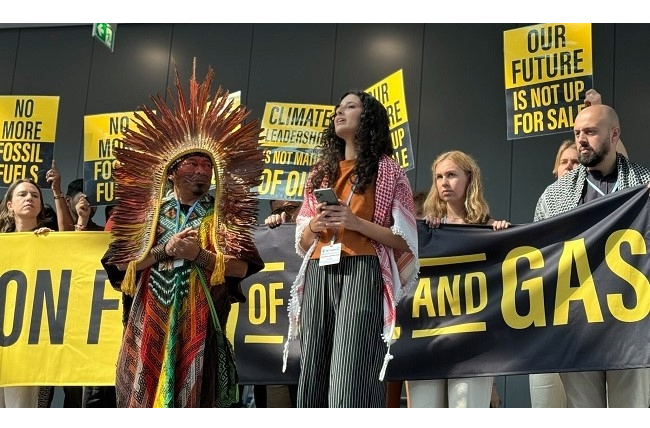A powerful new global campaign to curb methane emissions, described as the fastest way to cool the planet, was launched today at the ongoing UNFCCC Climate Summit in Bonn, Germany.
The “Pull the Methane Emergency Brake” initiative calls for deep, rapid, and mandatory cuts in methane pollution, with scientists. It advocates a warning that voluntary efforts are no longer sufficient to avoid a climate catastrophe.
The campaign, spearheaded by Leave it in the Ground Initiative (LINGO), Methane Action, and the Institute for Governance & Sustainable Development (IGSD), aims to push governments worldwide toward binding methane reduction commitments across all major sectors: fossil fuels, agriculture, and waste.
“Methane has caused nearly a third to half of modern global warming. Since the Paris Agreement, new methane emissions have contributed as much or more to warming than carbon dioxide,” said Durwood Zaelke, President of IGSD. “If we don’t pull the Methane Emergency Brake now, we’ll be guilty of planetary malpractice.”
According to campaign organisers, methane is over 80 times more powerful than carbon dioxide in warming the planet over 20 years. Reducing methane emissions could lower global temperatures by as much as 0.3 to 0.5°C in the next few decades four times the impact of cutting CO₂ alone.
Voluntary Pledges Insufficient, Say Experts
Campaign backers argue that voluntary frameworks like the Global Methane Pledge, where countries promised a 30% cut by 2030, are failing to deliver urgent results.
They are now calling for enforceable mandates, echoing the long-standing demand by leaders such as Prime Minister Mia Mottley of Barbados and the Climate Vulnerable Forum for a legally binding global methane treaty.
“We’re out of time to depend on voluntary pledges or regulations that could be reversed by changing political leadership,” warned Daphne Wysham, CEO of Methane Action. “We need enforceable methane rules, with accountability similar to the EU’s carbon border adjustment for methane.”
The campaign’s action points include: Mandating a 45% reduction in human-caused methane emissions by 2030. Achieving at least a 75% cut in methane from fossil fuel operations using available technologies, and requiring accurate methane tracking via satellites and promoting updated reporting standards, including the adoption of a 20-year global warming potential (GWP20) for methane, a move that could drastically change how climate targets are measured.
At the launch, Joshua Pangelinan, Micronesia’s climate negotiator, joined a panel of international experts to highlight the heightened vulnerability of island nations. “Methane emissions are not just numbers. For frontline nations like mine, they mean existential threats,” he said.
Other presenters included Stephan Singer of Climate Action Network International, Shefali Sharma of Greenpeace Deutschland, and Paul Boëffard of LINGO. The event also featured video messages from Rob Jackson of Stanford University and Annika Kruse of Fridays for Future Deutschland.
Kjell Kühne, LINGO’s founder and director, emphasized the urgency: “There’s only one way to pull the Methane Emergency Brake together, this is a matter of survival.”
By Dare Akogun





